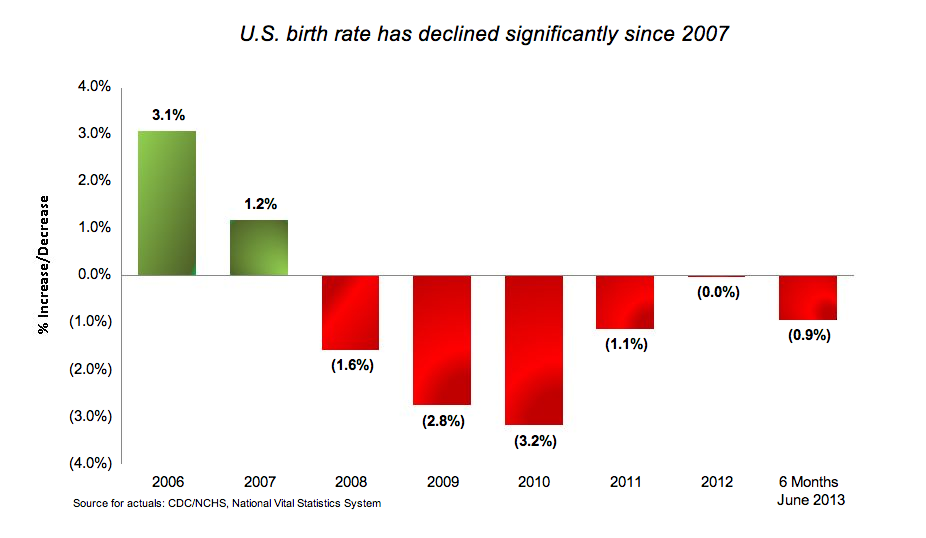By now you've probably heard something about the several year Department of Justice investigation, corresponding civil class action lawsuit, and various reporting surrounding an almost decade-long series of unfair and anti-competitive labor practices alleged to have occurred among Apple, Google, Intel, Adobe, Intuit, and Pixar.
To make a (very) long story short, the DOJ, and the claimants, (a group of people that worked for these companies from around 2005 - 2010), hold that these tech industry titans, with their C-level executives full backing, support, and as many, many emails reveal, the knowledge that what they were doing was likely illegal, colluded via a series of 'non-call' agreements to artificially reduce many currently employed staff the ability to seek opportunities at the other firms in the cartel. 
The bare bones of the cartel's structure was pretty simple - Company 'A', say Google, agreed not to cold-call employees from Company 'B', say Apple. Apple, supported from the late Steve Jobs on down, agreed to similar recruiting restrictions in kind. So for many employees at either of the two firms, their ability to fully and freely 'test the market' was constrained by one. If these 'non-call' agreements remained as limited in scope as in the example above, it might not have blown up in the fashion, (DoJ involvement), that is has. But these tech leaders didn't stop at these one-off kinds of reciprocal agreements that we all know are more common than we like to admit.
No, as the original reporting (and legal documents back up) revealed, what seems to have started with Google getting on Steve Jobs' bad side, then extended to involve a series of other, mostly Silicon Valley tech companies, and as a weekend piece on Pando Daily reports, extended even wider than that - allegedly including companies and employees from dozens of companies all over the world.
From the Pando Daily piece:
Confidential internal Google and Apple memos, buried within piles of court dockets and reviewed by PandoDaily, clearly show that what began as a secret cartel agreement between Apple’s Steve Jobs and Google’s Eric Schmidt to illegally fix the labor market for hi-tech workers, expanded within a few years to include companies ranging from Dell, IBM, eBay and Microsoft, to Comcast, Clear Channel, Dreamworks, and London-based public relations behemoth WPP. All told, the combined workforces of the companies involved totals well over a million employees.
Although the Department ultimately decided to focus its attention on just Adobe, Apple, Google, Intel, Intuit, Lucasfilm and Pixar, the emails and memos clearly name dozens more companies which, at least as far as Google and Apple executives were concerned, formed part of their wage-fixing cartel.
A closer examination of the paper trail that set up and helped to define and enforce these agreements paints an incredibly unflattering picture of the actions and motivations of the executives involved, particularly revered business leaders and tech rock stars such as Jobs, Google's Eric Schmidt, and the then CEO of Ebay, Meg Whitman. A look at the documents reveals company recruiters being fired on the spot for violating these (likely illegal) deals.
Back when these probably illegal 'non-call' agreements started, Google was on a expansion tear - snapping up talent from wherever it could, driving salary requirements up across the valley in the process. The other companies, naturally, did not like this, and rather than try to compete with Google on a level playing field, at least in the case of Apple, took to issuing threats of 'war', if the talent poaching continued. Google, probably sensing that the compensation acceleration that they themselves were driving must have figured it made more sense to try and play nice in the Valley, appease some of the other powerful industry companies, and maybe use that artificial constraint to keep some more of their own employees from jumping ship to a competitor for more money.
You really should take the time to read the Pando Daily reporting on this case here and here, it helps to paint a different picture of what we normally get from those typical darlings of modern, progressive talent management.
Even these companies, many of them regular winners of various 'Great Places to Work' lists never forget that at some point if employee compensation, (and relative power), shifts too far towards the side of the talent and away from management that they have a problem. Remember that when you read another fawning piece about how miraculous their talent management seem to be.
They might have been, and still might be, 'Great Places to Work' but they didn't get that way by playing nice all the time. And at least some of the time, it seems, they got that way by illegally colluding to reduce the market for the very talent that makes them such a great place to work.
Final thought, it might be easy to laugh this off as a first-world problem. Highly paid workers at these kinds of firms are doing just fine, so what that there were a few 'non-call' agreements going on. They are all making six-figure salaries so what is the harm?
I will give you two reasons:
1. For many tech workers, their careers are turning out to be not that much different that pro athletes - the length of time when their skills are in demand (and their compensation can be the highest), can be extremely short. Just do a search for 'technology ageism' some time. Tech workers have to maximize earnings over a shorter time horizon than the rest of us. Keeping wages artificially lower for them hurts just as much as the rookie scale hurts talented pro football players.
2. If relatively well off, educated, talented, smart, and powerful employees like the ones at the firms that were in this cartel can be taken advantage of and have their wages depressed in this manner, then what does that say for the millions of workers that are not so powerful and advantaged? With union membership and influence at an all-time low, one of the few things that can at least try to protect workers is the free market for their services. If high-tech companies like Apple and Google can change that dynamic at the high-end, what would stop a few firms where you live getting together to do the same on the middle and low end for jobs in retail, service, or in back offices? That does not sound any crazier an idea to me than Steve Jobs and Eric Schmidt emailing each other angry messages about cold-calling.
I'm going to stop here, (bless you if you have made it this far), and just say that no matter what accolades that any company receives, we'd all be wise to remember that their are always two kinds of people - people that work in the factory, and people that own the factory.
Have a great week!


 Steve
Steve



